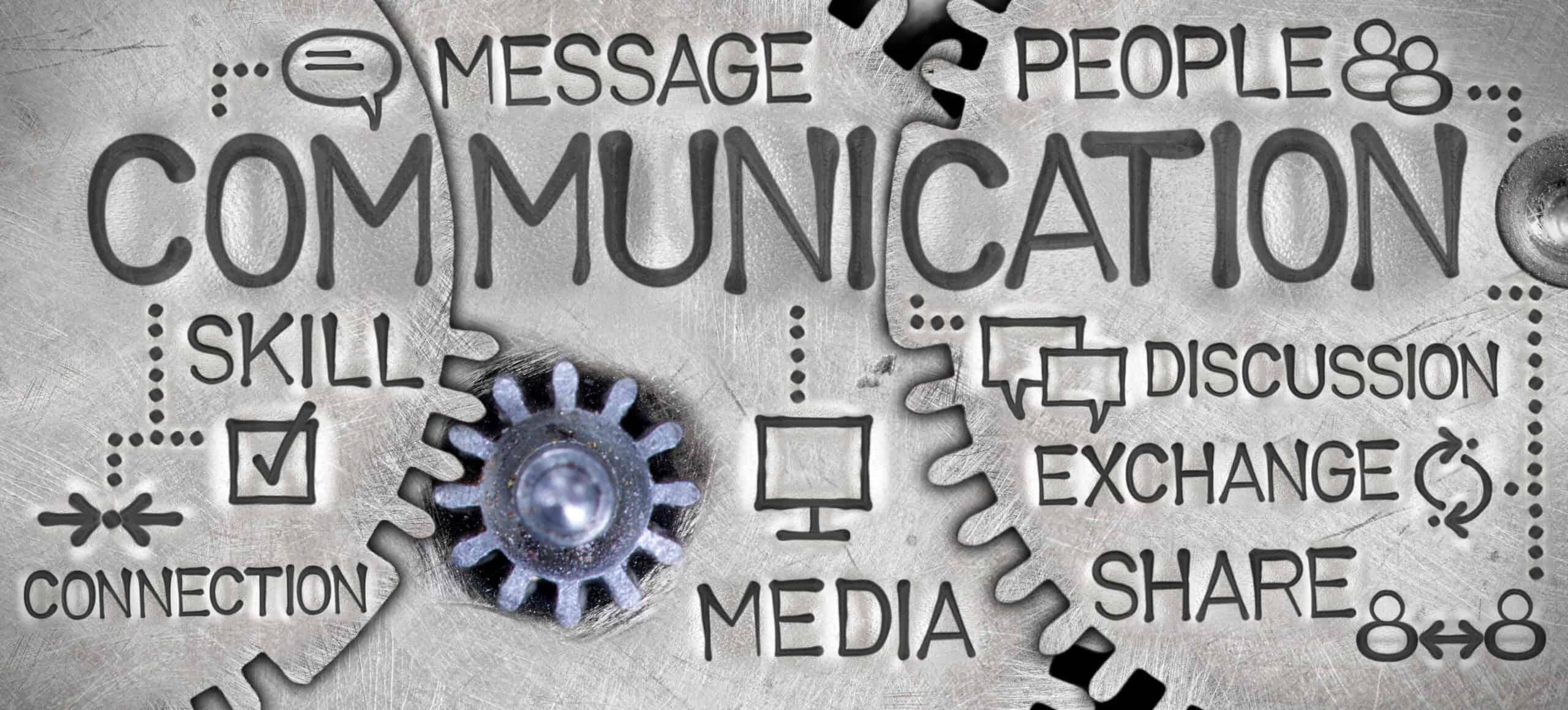Good Communication Is The Key To Success

Imagine a bustling kitchen, the heart of a successful restaurant. Chefs shout orders, servers relay requests, and the aroma of simmering sauces fills the air. But beneath the surface of controlled chaos lies something more profound than just culinary skill: clear and consistent communication. This invisible ingredient is the secret sauce that transforms a collection of individuals into a high-performing team, not just in kitchens, but in every facet of life.
At its core, effective communication is the bedrock of success. It's the linchpin connecting vision to reality, fostering collaboration, and resolving conflicts before they escalate. From boardrooms to classrooms, personal relationships to global diplomacy, the ability to articulate ideas clearly, listen actively, and understand diverse perspectives is the key to unlocking potential and achieving shared goals.
The Building Blocks of Effective Communication
Good communication isn't simply about talking; it's about connection. It involves a complex interplay of verbal and nonverbal cues, active listening, empathy, and a genuine desire to understand the other person's point of view. It's about creating a safe space where ideas can be shared freely, feedback is welcomed, and misunderstandings are addressed constructively.
One crucial element is clarity. Vague or ambiguous messages can lead to confusion, frustration, and ultimately, wasted time and resources. According to a study by the Project Management Institute, poor communication is a primary contributor to project failure, costing organizations significant sums annually.
Active listening is equally important. It means paying attention not only to the words being spoken but also to the underlying emotions and unspoken messages. It involves asking clarifying questions, summarizing key points, and demonstrating genuine interest in what the other person has to say.
Communication in the Workplace
In the professional realm, effective communication can determine success or failure. A well-communicated vision inspires employees, fosters teamwork, and drives innovation. A 2023 report by Gallup found that teams with strong communication practices are significantly more engaged, productive, and profitable.
Conversely, poor communication can create a toxic work environment, leading to decreased morale, increased turnover, and ultimately, reduced profitability. Misunderstandings between team members can stall projects, damage client relationships, and create unnecessary stress.
Leadership plays a vital role in fostering a culture of open communication. Leaders who are transparent, accessible, and willing to listen to feedback from their employees are more likely to build trust and create a sense of shared purpose. They also set the standard for communication within the organization, modeling the behaviors they expect from others.
Communication Beyond the Office
The importance of good communication extends far beyond the workplace. In personal relationships, it is the foundation of trust, intimacy, and mutual understanding. Couples who communicate effectively are better able to navigate conflict, resolve disagreements, and maintain a strong and healthy bond.
In a globalized world, the ability to communicate across cultures is more important than ever. Understanding different communication styles, respecting cultural norms, and being sensitive to language barriers are essential for building bridges and fostering collaboration. It is this very skill that UN Secretary-General António Guterres emphasizes in his speeches on global cooperation.
Even in our increasingly digital world, the fundamentals of good communication remain the same. Whether we're communicating via email, social media, or video conferencing, it's essential to be clear, concise, and respectful. We must also be mindful of the potential for misinterpretation and strive to create messages that are easily understood by our intended audience.
Looking Ahead
In a world that is becoming increasingly complex and interconnected, the ability to communicate effectively will only become more valuable. Investing in communication skills, whether through training, coaching, or simply practicing active listening, is an investment in our own success and the success of those around us.
Ultimately, good communication is about building bridges – between individuals, teams, organizations, and even nations. It's about fostering understanding, promoting collaboration, and creating a more connected and harmonious world. As we move forward, let us all strive to be better communicators, not just for our own benefit, but for the benefit of all.


















